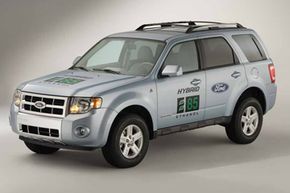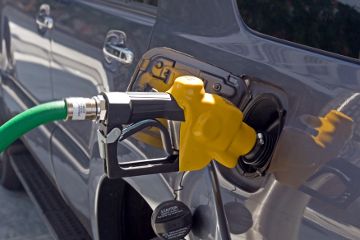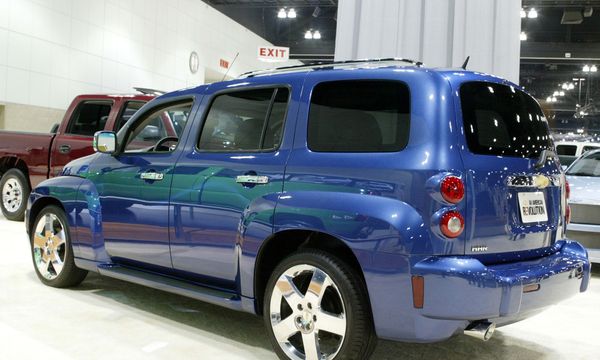A higher concentration of alcohol in a gas tank (any gas tank -- at the production facilities, the tankers traveling on the highway, the storage tanks at a gas station, your car's reservoir and even the red plastic can sitting on the floor in your garage) means that the alcohol can grab and hold more water than straight gasoline.
Ethanol's hygroscopic nature means it can absorb water from the environment, leading to phase separation where the water and ethanol mixture separates from the gasoline. This can happen at any stage of transport, storage, or usage and can create a layer of water and ethanol that is not usable by your car's engine, potentially causing performance issues or damage.
Even if the fuel’s environmental conditions aren't seriously compromised and the ethanol stays in suspension, ethanol can still cause damage, especially in older vehicles. Many older fuel system components were not designed to resist alcohol’s corrosive properties.
As ethanol travels through the system, it can degrade rubber, plastic, and certain metals. While modern vehicles are generally built to handle ethanol blends, the solvent properties of ethanol can loosen deposits within the fuel system. These deposits do not dissolve and can be carried along until they cause blockages elsewhere.
Most vehicles manufactured in recent years are designed to handle ethanol blends up to E15 without significant issues. However, owners of older vehicles should be cautious and consider using fuel additives or avoiding high-ethanol blends to mitigate potential risks.
A 2012 study by Auto Alliance showed that some cars (model years 2001 to 2009) showed internal engine damage as the result of using an ethanol fuel blend. Damage to the valves and valve seats was evident in some of the cars tested.
One of the 16 cars in the Auto Alliance study failed emissions compliance standards, which means it emitted more pollution than allowed by the EPA. The study also showed that cars running on E15 take a hit on gas mileage -- so they require more fuel to travel the same distance, which counteracts the benefits of diluting it in the first place.



